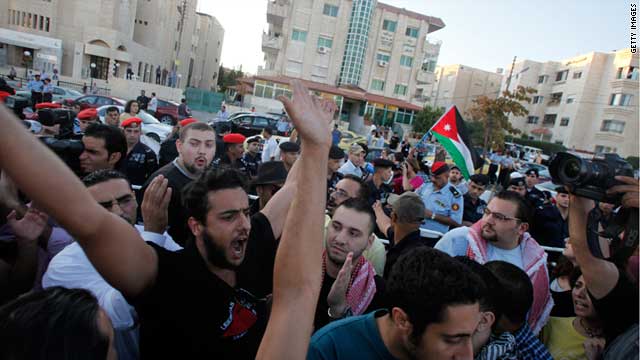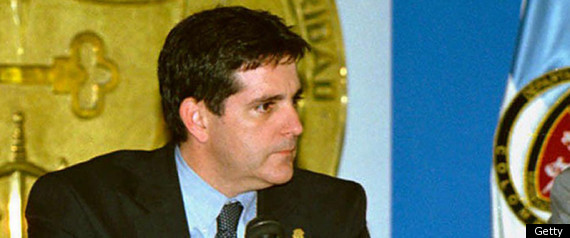By Brittney Hodnik
Impunity Watch Reporter, North America
OTTAWA, Canada – Students at the University of Montreal may be facing a human rights complaint after dressing up in blackface. A group of business students was taking part in a track and field event and wanted to dress up like Olympic runner, Usain Bolt, from Jamaica. The students say that Bolt “is a role model for them” and it was “harmless fun” according to The Calgary Sun. Many others believe that the situation was racist, offensive and wrong.

The students were dressed in Jamaican-flag-colors, completely covered in black body paint, and were shouting “smoke more weed,” according to the Canadian Broadcasting Corporation (“CBC News”). In addition, other Rastafarian stereotypes were implied and the students were holding up a stuffed monkey.
A McGill University law student, Anthony Morgan walked by the campus and saw the event. He said that from what he could tell, he “was the only black person there” and he “felt extremely uncomfortable in [his] own skin,” reported CTV Montreal. Morgan says he is considering filing a human rights complaint for the offensive use of blackface.
Blackface has significant negative connotations. Historically, whites used blackface to make a mockery of African-Americans and demean them. Even if the students did not mean to be offensive, it came across as such. CBC News quoted Justice Canada as saying, “This event presumably was planned for weeks. Didn’t ANYONE think this might have been offensive and racist?”
Others, such as David Jorgensen said that the act was clearly “in poor taste” but “these immature young adults are entitled to their freedom of expression, no matter how distasteful [other] people may find it,” reported CBC News. In fact, Morgan himself says that he does not want the students to be punished but rather he “hopes the university will try and educate these students on the historical context of blackface and to make them do research on Jamaican culture,” according to The Calgary Sun.
“They had reduced all of who I am and the history of Jamaica and culture of Jamaica to these negative connotations of weed smoking, black skin, rastas,” Morgan told CBC News.
The University will organize an intercultural-relations session for those involved and will use the event” as an occasion for learning,” reported The Calgary Sun. As of now, no further disciplinary action is planned by the business school. Morgan said that he hopes that Quebec’s human rights commission will do an independent investigation into the event.
For more information, please visit:
CBC News — Does Blackface Worn by Montreal Students Warrant a Human Rights Complaint? — 16 Sept. 2011
NewsOne.com — Montreal Students Mock Usain Bolt in Blackface — 16 Sept. 2011
The Calgary Sun — Blackface Stunt Could Prompt Human Rights Complaint — 16 Sept. 2011
CTV Montreal — Blackface Stunt Fackfires at Universite de Montreal — 15 Sept. 2011



